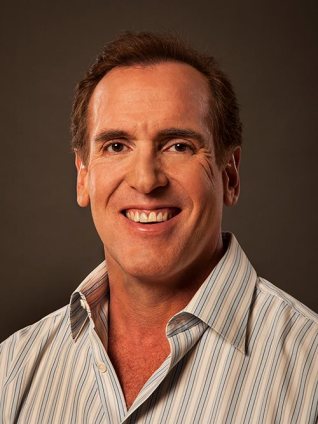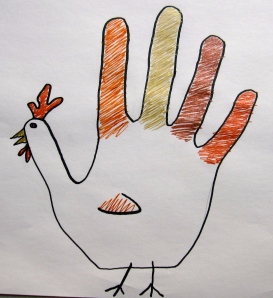
Photo by James Bland
(courtesy of Brian Cuban)
by guest blogger Brian Cuban!
Brian Cuban is an author whose best-selling book “Shattered Image: My Triumph Over Body Dysmorphic Disorder” chronicles his first-hand experiences living with, and recovering from eating disorders, addiction and Body Dysmorphia Disorder (BDD). Brian speaks regularly about his recovery and breaking the male eating disorder stigma.
Anyone who has suffered from an eating disorder is probably skilled in the art of hiding it from his/her loved ones and friends. Such deception is an integral part of the disorder, a part of dealing with the shame of self and fear of being discovered. For me, this caused extra stress and increased depression during the holidays. While everyone else was celebrating the love of family and the anticipation of the new year, I was worried about my disordered eating behaviors being discovered. Ashamed that I felt I had to hide my “dirty secret.” That’s what it was to me. For many years, I had no idea there were words such as “anorexia” or “bulimia.” It was just a routine I engaged in like breathing. I also knew it was not something guys were supposed to experience. It was a “girl thing.” Guys are leaders. Guys watch football on holidays. Guys don’t stick their fingers down their throat or starve themselves. This was 1979, before Karen Carpenter tragically passed away from complications related to anorexia, putting eating disorders into the national spotlight but also solidified the stereotypes of eating disorders being a female issue.
While there has been some progress since then, for the most part that perception remains unchanged. It is the perception of many men going through it. The perception of those who have heard about it and read about it. The perception of the media who report on it. The hard reality? I was anorexic, then bulimic for twenty-seven years staring in 1979. More hard reality? Depending on which study you look at, 15-25 percent of those diagnosed with eating disorders are male and recent studies have indicated that that percentage could be even higher.
For me and most other sufferers it was not about percentages. It was about loneliness and shame. I thought I was the only male suffering, especially during the holiday season. How could I feign a normal relationship with self-image and food during a time when it was deemed acceptable to not eat “normally?”
Fortunately, in 2007, I was able to begin recovery and gain control of the thoughts that led me to believe that the only normal relationship with food was through eating disorder behaviors. Through considerable amounts of therapy and self-discovery of how my childhood filled with fat shaming and bullying over my weight led to those feelings, I became able to channel them in to positive thoughts about myself and the reality of how I deal with food and self-image.
A positive thought for me is the realization that even if I eat a little too much or way too much holiday food, it’s only one or two days out of a long life filled with other days of a relatively healthy eating routine. It has no effect on what people think of me, and their thoughts are none of my business regardless. I still have tough days. Recovery is a process. During the process I have found that the following mental exercises help me avoid extra eating related stress during the holidays. Stress that can trigger unhealthy disordered eating thoughts:
- Going into the season I plan to have a regular exercise and eating schedule. I force myself to eat regular meals during the day. This prevents me from easing into thoughts of binging and excessive exercise. I am aware that the binging can lead to thoughts of purging. I am also aware that trying to make up for a binging session with extreme exercise routines can trigger me into an exercise anorexia mindset.
- I rely on the support of family, friends and my shrink. They are the primary system of trust that I developed once I realized that there is no shame in seeking treatment and speaking out about my disorder. I allow them to support me and listen to my fears without judgment. This has been one of the biggest tools of my recovery.
But the realization that it’s okay to plan for the thoughts that have plagued my past and realize they are not me is reassuring and should be for all of us who have an eating disorder. We’re all loved as individuals and there is plenty of support to be found during the holidays. If you are ashamed and worried about the stress and guilt of this time of year, seek out those who love you. Seek out those who have been where you are. We are out here. And we are ready and willing to help. You just have to step forward, even just a little one.


